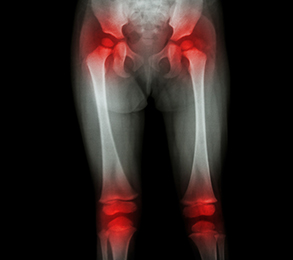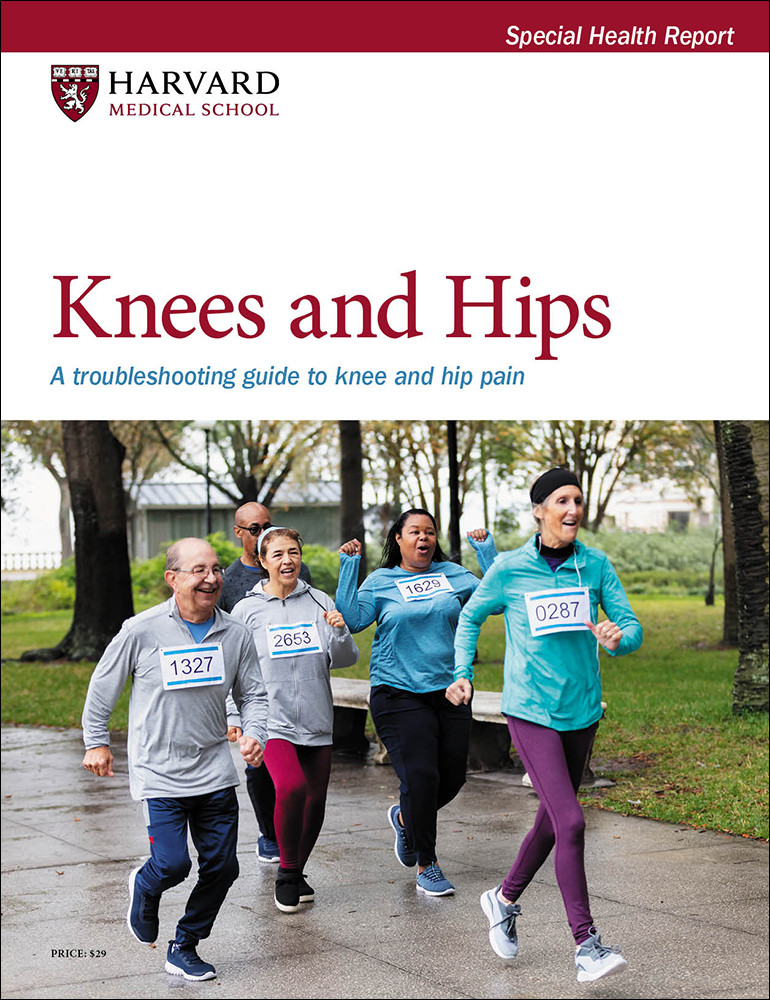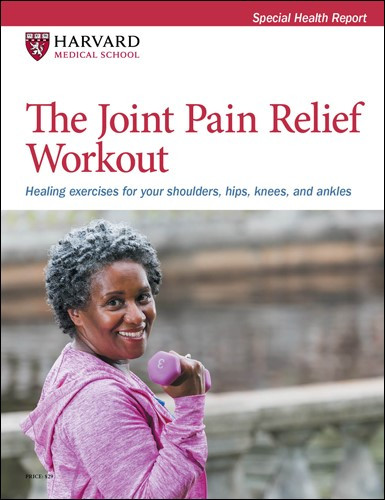Your knees and hips are your largest joints. They support your body's weight and must work in close coordination to provide the mobility most people take for granted, until injury, arthritis, or other problems interfere.
Depending on the cause of your pain, the solution might be a set of exercises, pain relief medication, minor surgery, or some combination of these. But for many people, knee and hip problems become so intractable that the best solution is to replace a worn-out knee or hip with a mechanical joint.
This Special Health Report from Harvard Medical School will walk you through the most common knee and hip ailments, discuss the symptoms you're likely to experience with each, and describe how your doctor might diagnose your condition. Inside Knees and Hips: A troubleshooting guide to knee and hip pain, you'll discover:
- Why joints hurt
- How to deal with overuse injuries
- Solutions to common problems
- Exercises for pain relief and prevention
- Indications for surgery
- Knee and hip replacement options
- Alternative approaches.
This report also includes a Special Bonus Section: Knee and hip replacement, which can help you determine if a joint replacement is right for you. It outlines the procedures, describes the different types of implants, and details the various surgical options available to you.
Whether you've just started to experience pain or have been battling it for years, this Special Health Report is a must-read. It can help you make informed decisions about maintaining your mobility and independence for years to come. Order your copy of Knees and Hips: A troubleshooting guide to knee and hip pain today.
Prepared by the editors of Harvard Health Publishing in consultation with, Jeffrey N. Katz, MD, MSc, Professor of Medicine and Orthopedic Surgery, Clement B. Sledge, MD and Thomas S. Thornhill, MD Distinguished Chair, Brigham and Women’s Hospital and Mass General Brigham. 45 pages. (2025)













